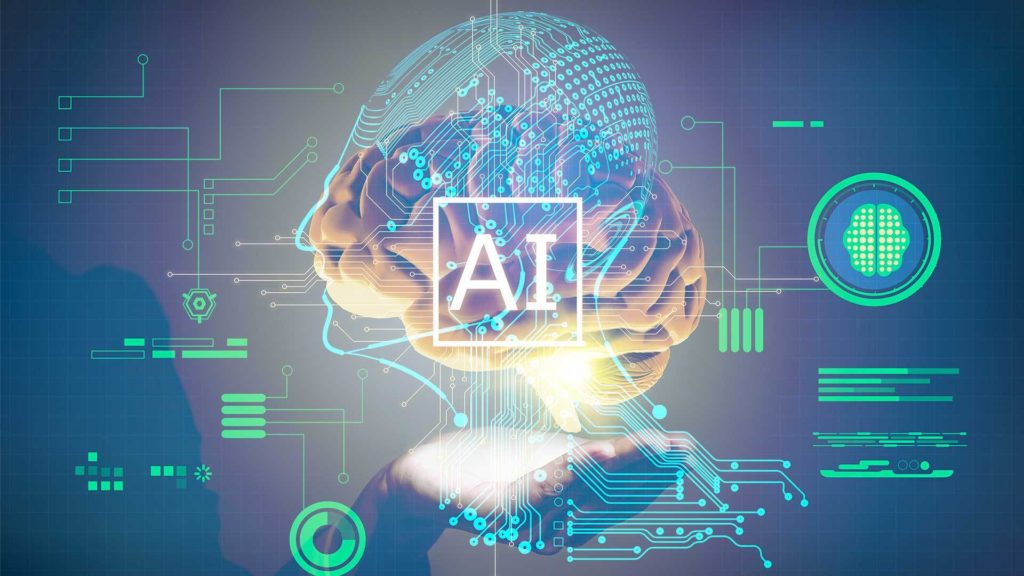
Artificial Intelligence: What can it do?
Artificial Intelligence –a term used to denote the capability of the computer to imitate human intelligence. What does imitating human intelligence entail? It includes developing visual perceptions, recognizing speech, making smart decisions accordingly. In short, Artificial Intelligence is the ability of a machine to replicate human intellect and carry out tasks which only human could do. To further understand the notion of Artificial Intelligence, it could be classified into two broad categories; Narrow AI and Broad/General AI.
What is Narrow Artificial Intelligence (Narrow AI)? And what can it do? In the contemporary technological environment, there is a multitude of applications for narrow AI. Often referred to as weak intelligence, Narrow AI is found in applications with one particular specialty. Narrow AI lacks the human intellectual ability to carry out several tasks.
Developed with a focus to carry out singular tasks such as carrying out visual inspections through surveillance drones and identifying certain key aspects such as rivers, pipelines and even new infrastructure behind enemy lines. Furthermore, it is also used in organizing schedules in business organizations, assisting doctors in identifying tumors in radiology reports, screening content on the internet –the list goes on and on.
But due to their focused nature, an application or system developed using weak intelligent cannot work on any other task other than what they have been originally programmed to do. Such applications lack the ability to learn new things thus failing to imitate human intelligence entirely. Such systems can certainly carry out their designated tasks in a way far better and efficiently than a human worker yet they have their limitations.
What is Artificial General Intelligence (AGI)? And what can it do? Artificial General Intelligence is an entirely different phenomenon from Narrow AI; it encompasses the development of such systems which can adapt and learn from its experiences. Envision an intelligent system with the capacity to learn, adapt and carry out a wide range of tasks, from managing large financial calculations to serving meals, that’s a system with AGI would look like. Currently, this level of intelligence has only been demonstrated in science fiction and movies. According to the experts, the development of an AGI system is still eons away –with the most optimistic ones predicting 2040 to be the year when science finally develops one. While some maintain that due to our limited comprehension of the machinations of the human mind, we may never be able to develop such a thing.
Current AI applications Keeping the classifications and future aspirations aside, let’s now have a look at existing AI systems and how they are contributing to the society:
Searching the web To begin with, AI is being used in search engines to manage the most difficult queries and generate results within seconds.
Working in dangerous environments In environments with radioactive exposure (nuclear reactors), lack of oxygen (deep space), and immense pressure (deep ocean benthos), AI systems (robots) carry out tasks which were impossible for humans to conduct without potentially endangering their lives.
Improve production in large organizations The incorporation of AI robots in enterprises with mammoth production needs has exponentially improved productivity and significantly cut down production costs.
Health-care An AI platform known as IBM Watson made huge leaps in improving the quality and accuracy of diagnosis in medical facilities. Majorly focusing on cancer, the AI system takes significantly less time to correctly diagnose a tumor in a patient, saving valuable time. And guess what? The accuracy rate of the aforementioned AI platform is 40% more than that of human doctors!
In summation, a lot has been written and said about the potential of Artificial Intelligence as it is an intriguing notion which could potentially change the world. From providing companionship to those who are alone in carrying out the menial task, AI has unlimited potential. The greatest and the most apparent drawback to AI is the loss of jobs, as it will and already has replaced a lot of human workers. It is imperative that we build a tool that just doesn’t allow a few individuals to thrive but improves the quality of life for the whole of humanity.
